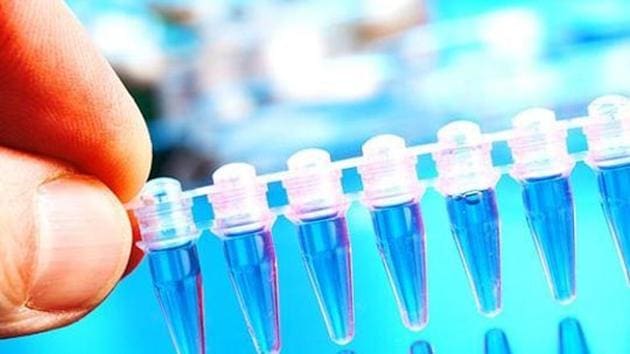Cyclone-30 becomes operational; cancer diagnosis to improve
A new study in the Lancet Global Health released last week found that 8.3% of the total number of deaths in India in 2016 was because of cancer
The country’s biggest cyclotron facility that will produce radioisotopes vital for diagnosis and treatment of cancer became operational last week. The machine – Cyclone-30 — is housed at the Kolkata-based Variable Energy Cyclotron Centre (VECC) under the Department of Atomic Energy (DAE) and will start regular production by mid-next year after supporting nuclear systems are commissioned and regulatory clearances are obtained.

“With increasing number of Indians diagnosed with cancer every year, the cyclotron machine will produce radioisotopes for nuclear imaging specifically for cancer detection,” said Amitava Roy, director, VECC. “Our cyclotron has high productivity, and therefore will cater to many patients.”
A new study in the Lancet Global Health released last week found that 8.3% of the total number of deaths in India in 2016 was because of cancer, and the number of new cases has increased from 5.48 lakh in 1990 to 1.1 million in 2016.
At present, many radioisotopes are imported while some are produced in nuclear research reactors such as the Apsara at the Bhabha Atomic Research Centre (BARC), and remaining in cyclotrons facilities run by large private hospitals. For instance, the country imports radioisotopes Germanium-68/Gallium-68 that accurately diagnoses breast cancer, and Palladium-103 to detect and treat prostate cancer. The addition of Cyclone-30, said Roy, will increase the availability of radioisotopes and bring down the cost of treatment. “This high-energy and high-yielding machine will bring down imports, while raising the possibility of exporting radioisotopes in the future.”
For the first time last week, the cyclotron became operational when 30 MeV (million electron volt) beam reached the Faraday Cup – a metal cup designed to catch charged particles in vacuum. The beam was used to produce Fluorine-18 isotope to prepare radiopharmaceutical Fluorodeoxyglucose used by the Board of Radiation and Isotope Technology (BARC) to diagnose various types of cancers. VECC also plans to install iodine-123 isotope facility for thyroid imaging and detecting thyroid cancer.




